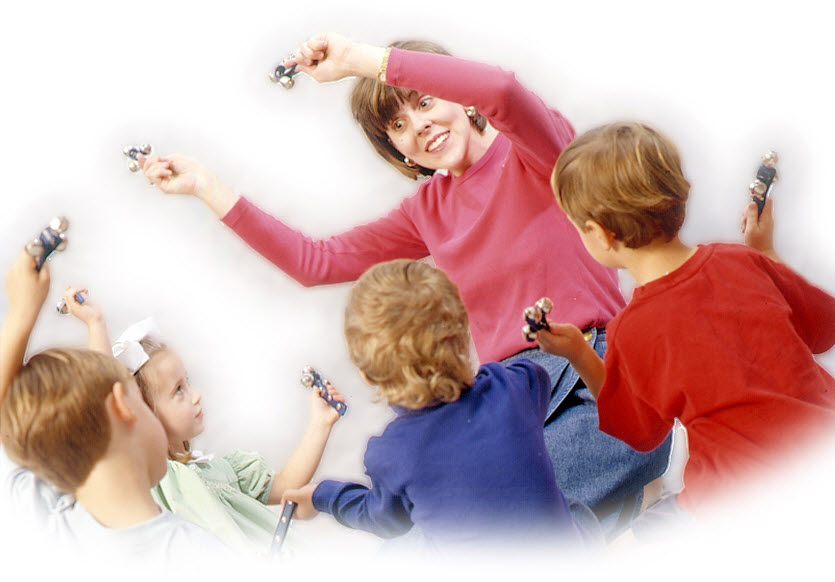 With a large number of dual-income families, the school day often extends to after school programs. However, for children with special needs, such as Autism Spectrum Disorder, the options for a quality after school program curriculum are limited. As published in the Journal of Child and Family Studies, Michelle Haney, PhD, highlighted the growing need for after school curriculum inclusive of children with special needs.
With a large number of dual-income families, the school day often extends to after school programs. However, for children with special needs, such as Autism Spectrum Disorder, the options for a quality after school program curriculum are limited. As published in the Journal of Child and Family Studies, Michelle Haney, PhD, highlighted the growing need for after school curriculum inclusive of children with special needs.
Haney surveyed parents of children with Autism Spectrum Disorder between the ages of four and 11 in Georgia. She uncovered not only an educational need for quality after school special education curriculum but also a high interest level of parents for enrolling their child with autism in an inclusive after school program curriculum.
Special education after school curriculum needs assessment
- In the survey, 59 percent of children with Autism Spectrum Disorder participate or have participated in an after-school program at a public school or preschool or through a private caregiver or community organization.
- Only 33 percent of parents indicated that this was a positive experience for their child. Parents noted that limited expertise of after school caregivers in the behavioral and social needs of children with autism, too much stimulation, and crowded settings contributed to the poor experiences.
- Parents noted that their child needs support services and opportunities to improve speech-language skills (89 percent), motor skills (74 percent), and sensory integration (82 percent).
- 69 percent of all parents were interested in attending an after school program at their child’s public school, especially if the teachers were trained, activities were structured and developmentally appropriate, and included predictable routines
After school curriculum uses music to teach young children with special needs
Created by Kindermusik International, ABC Music & Me uses music and movement in structured, developmentally appropriate ways to teach children of all abilities early literacy and language, self-regulation, listening, and social skills. ABC Music & Me can be used as an after school curriculum to help children also practice turn taking, fine and gross motor skills, and following directions. Plus, students with special needs, including Autism Spectrum Disorder, who participate in ABC Music & Me as a special education curriculum show gains in literacy and language skills.
A supplemental strategies guide, Meeting Special Needs, organized unit-by-unit and lesson-by-lesson, suggests activity adaptations for children with particular needs or impairments. Plus, ABC Music & Me includes materials for families to use together at home to connect the classroom learning with the home environment and increase parent involvement in early childhood education.
To learn more about using ABC Music & Me as part of an after school program for children, including children with special needs, download our Special Needs Flyer or email us at abcinfo@kindermusik.com.


![KindermusikPresents_ABCMusicAndMe_AGlobalEarlyChildhoodCurriculum[1]](https://media2.kindermusik.com/website/sites/2/2014/05/KindermusikPresents_ABCMusicAndMe_AGlobalEarlyChildhoodCurriculum1-300x167.png)




